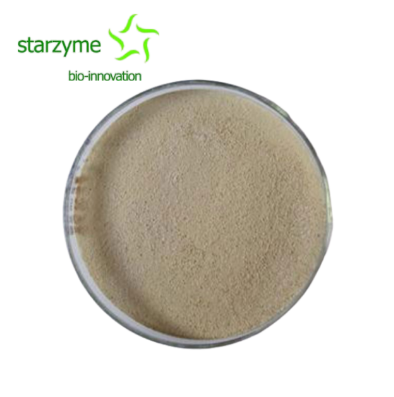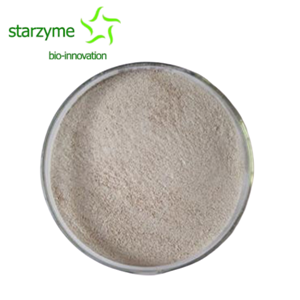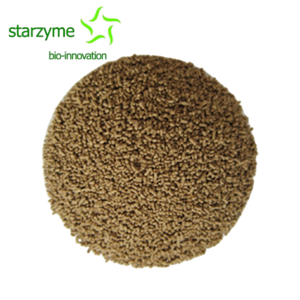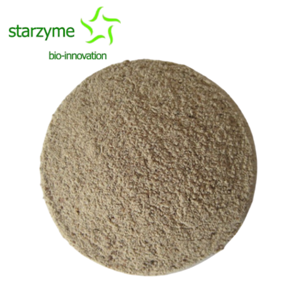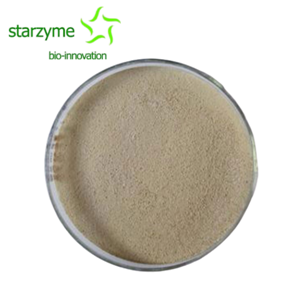Bacillus coagulans' Application in Poultry Industry
The probiotic properties of Bacillus coagulans are the result of a comprehensive coordination of multiple mechanisms, including gastrointestinal microbiota, antioxidant capacity, and immune system. As a highly promising feed additive, its mechanism of action on animals in animal husbandry deserves further research, which will provide theoretical support for the widespread use of Bacillus coagulans in the future.
In recent years, with the continuous development of microecological technology, Bacillus coagulans has been widely used as a feed additive in animal husbandry, and its application fields are also constantly expanding. Although traditional lactic acid bacteria are widely used in animal husbandry, their resistance to adverse environments such as extreme temperature changes, gastric juice secretion, and bile salts is weak, making it difficult for them to survive in pellet feed, thus limiting their application in livestock and poultry. In contrast, Bacillus coagulans can produce both lactic acid and spores, which makes it suitable for more complex farming conditions and an ideal feed additive.
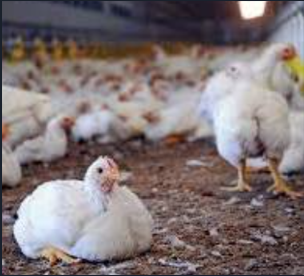
Application in Chicken Farming
Adding Bacillus coagulans to the diet is of great significance for improving feed utilization efficiency, enhancing immune function, optimizing production performance, and increasing economic benefits. Compared with the basal diet, the addition of Bacillus coagulans significantly improved the feed conversion rate of broiler chickens, promoted the number of beneficial bacteria in the intestine, and maintained the balance of intestinal microbiota. In addition, as a natural and safe alternative antibiotic product, when used together with antibiotics such as bacteriocins, the application effect of Bacillus coagulans is not affected, and it can even reduce the diarrhea rate of broiler chickens, which may be related to its high stress resistance. Numerous studies have shown that adding an appropriate amount of Bacillus coagulans to broiler diets can increase average feed intake, enhance serum antioxidant levels, increase the number of beneficial bacteria, and improve intestinal morphology and microbial community composition. In addition, challenges such as pathogen infection and heat stress are often encountered in the breeding process of broiler chickens. Adding 1.12 × 1010 CFU/g Bacillus coagulans to basic feed can effectively reduce oxidative damage and inflammation, thereby improving the growth performance of broiler chickens. From this, it can be seen that adding Bacillus coagulans to the diet of broiler chickens can not only improve growth performance, gut microbiota, enhance innate immunity, and promote intestinal epithelial proliferation to maintain the intestinal mucosal barrier, but also cope with the challenges of harmful bacterial infections and heat stress. However, the dosage of Bacillus coagulans used in broiler chickens of the same or different breeds may vary, possibly due to individual or strain differences.

